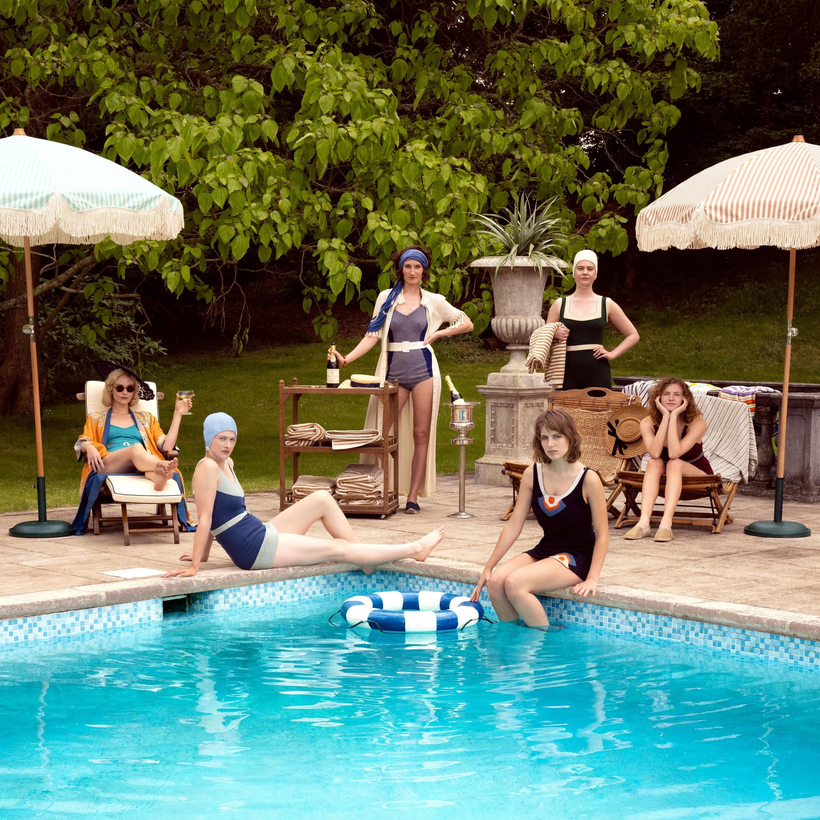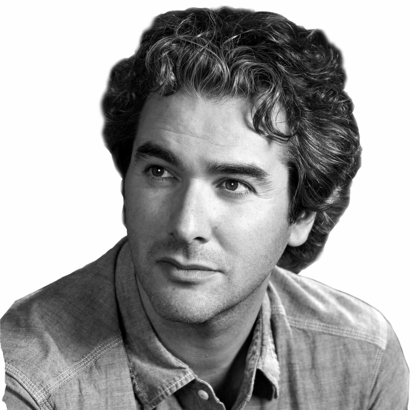How long must a bloodline endure the misdeeds of its forefathers? Perhaps for as long as it continues to enjoy their notoriety. As the new BritBox series Outrageous charts the dazzling and controversial lives of the Mitford sisters, in particular the marriage between Diana Mitford and Oswald Mosley, the offspring of this pernicious pair are still reckoning with their radioactive legacy nearly a century later.
Everyone has a relative with outdated views, but few have had to deal with relations who were married in Joseph Goebbels’s drawing room with Adolf Hitler as the witness. Admittedly, Diana wasn’t the only Nazi-curious member of the family. Unity Mitford—conceived in the town of Swastika, Canada, with the middle name of Valkyrie—seemed destined to be a Nazi from birth, and eventually shot herself in the head after Britain declared war on her beloved Führer. But it’s the Mosleys who have left the most bothersome inheritance to their ancestors.


